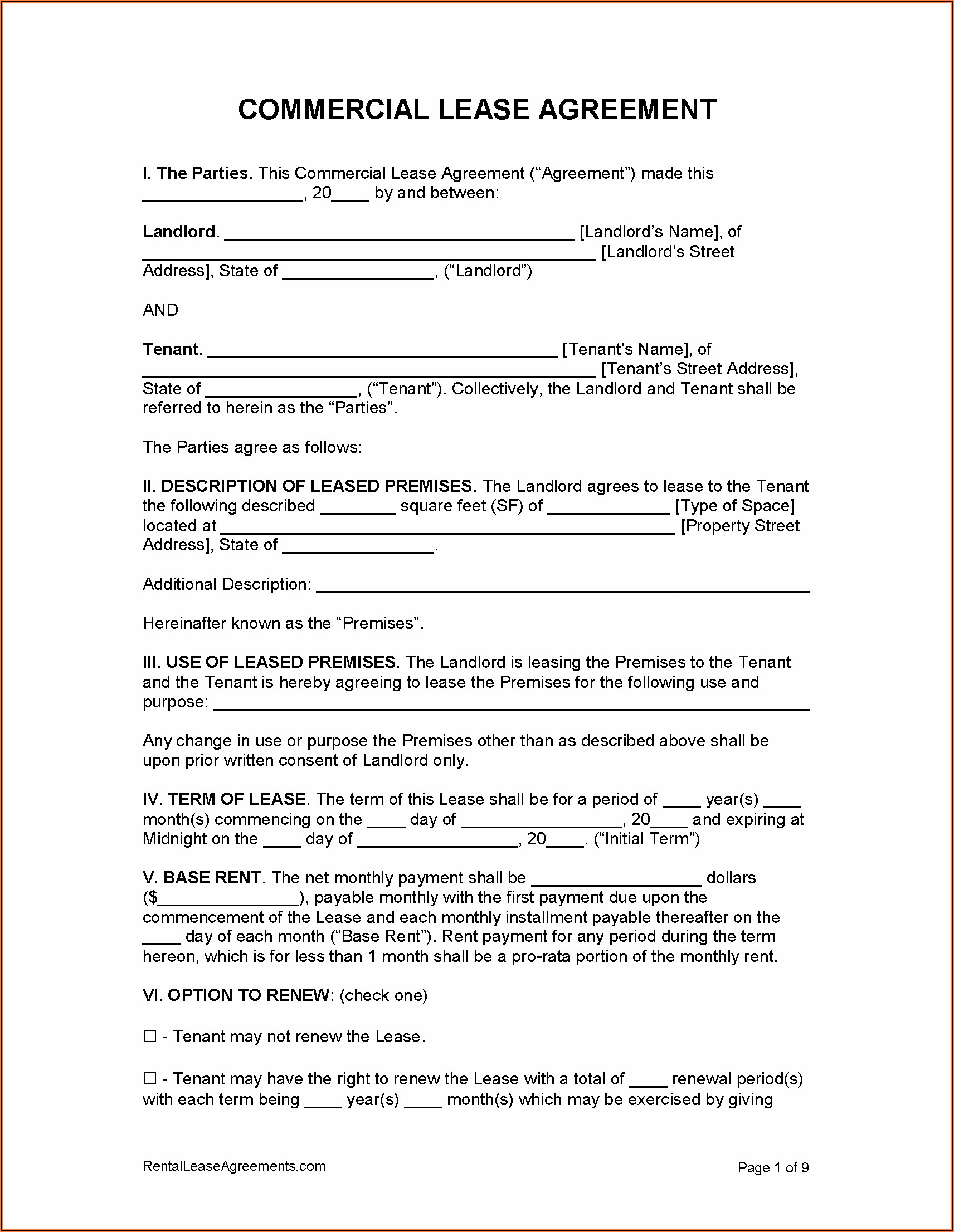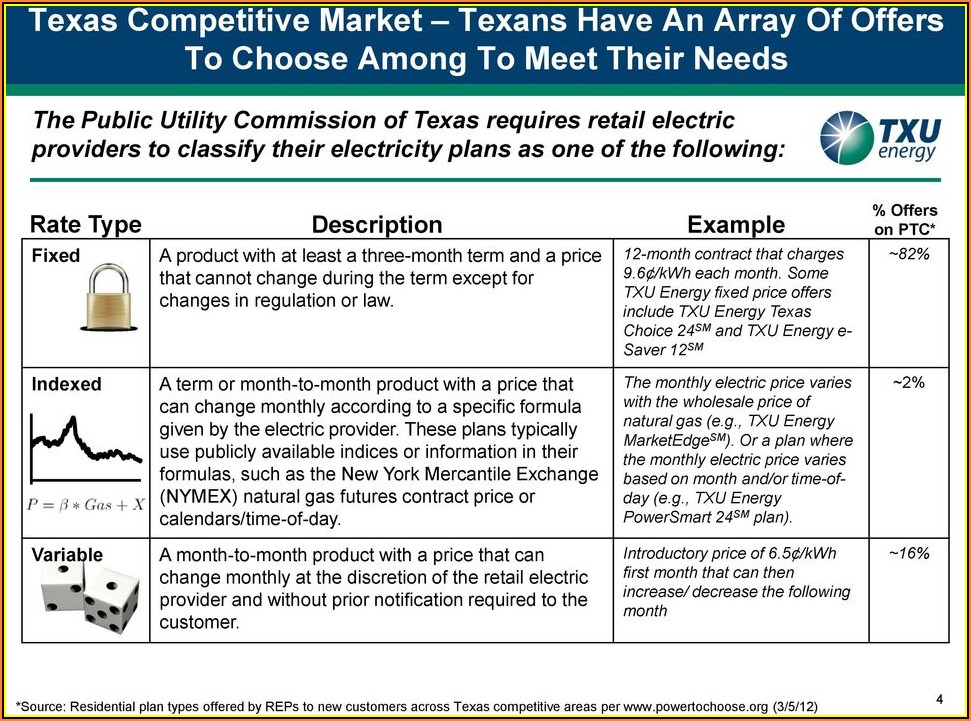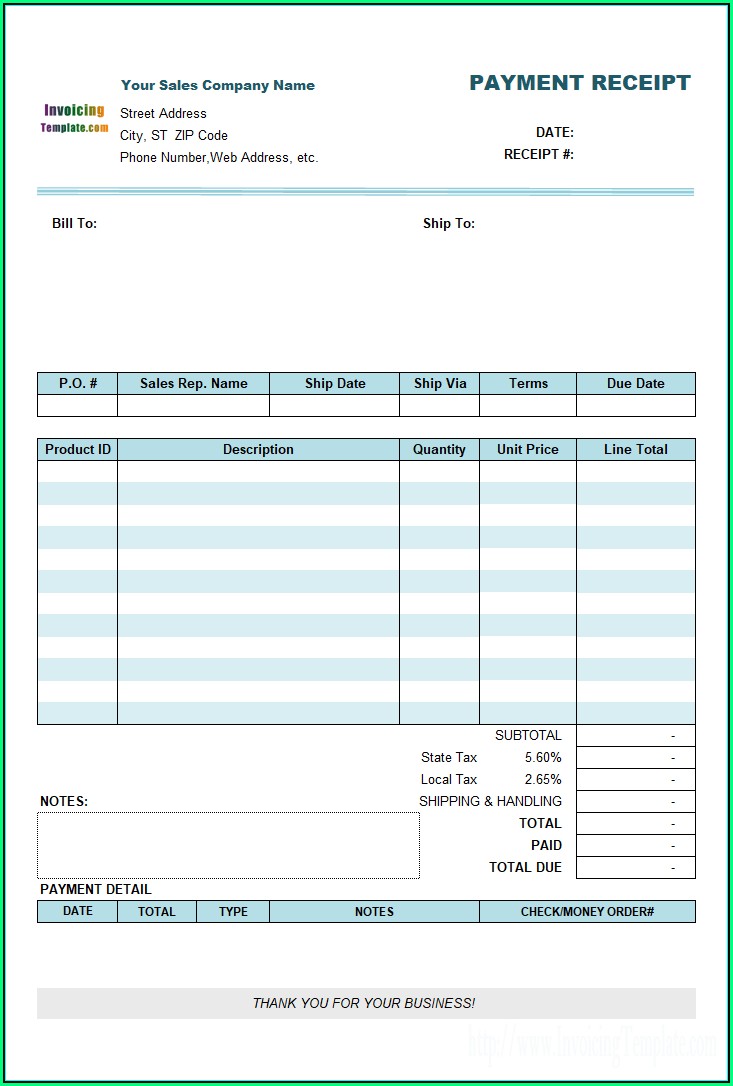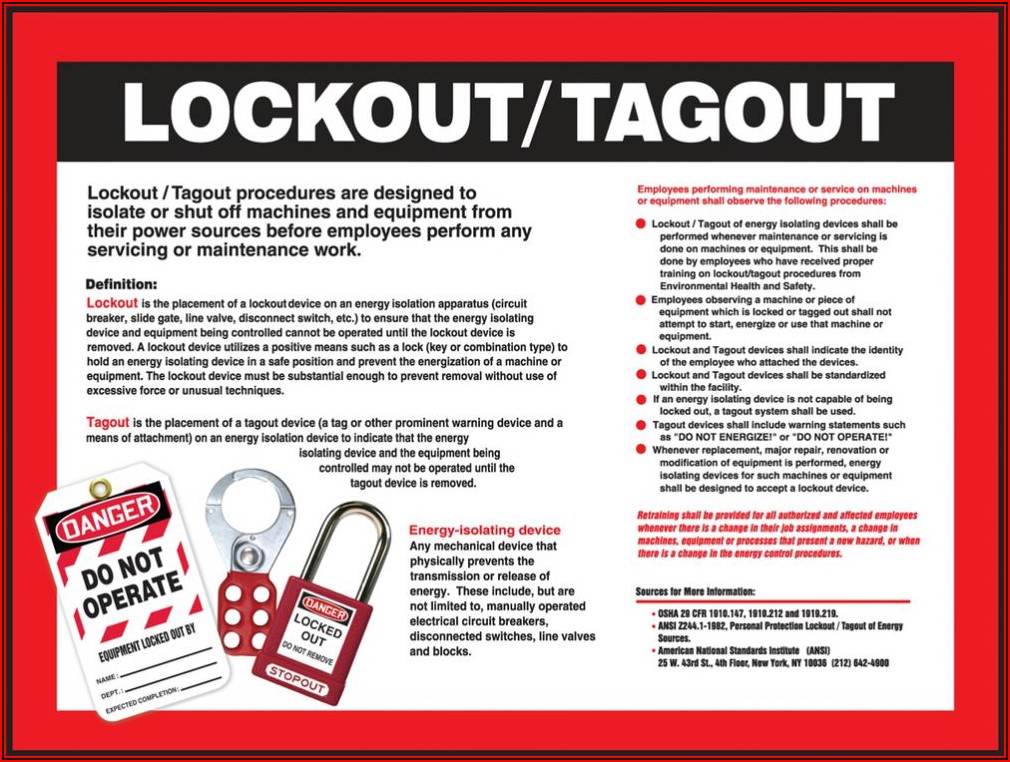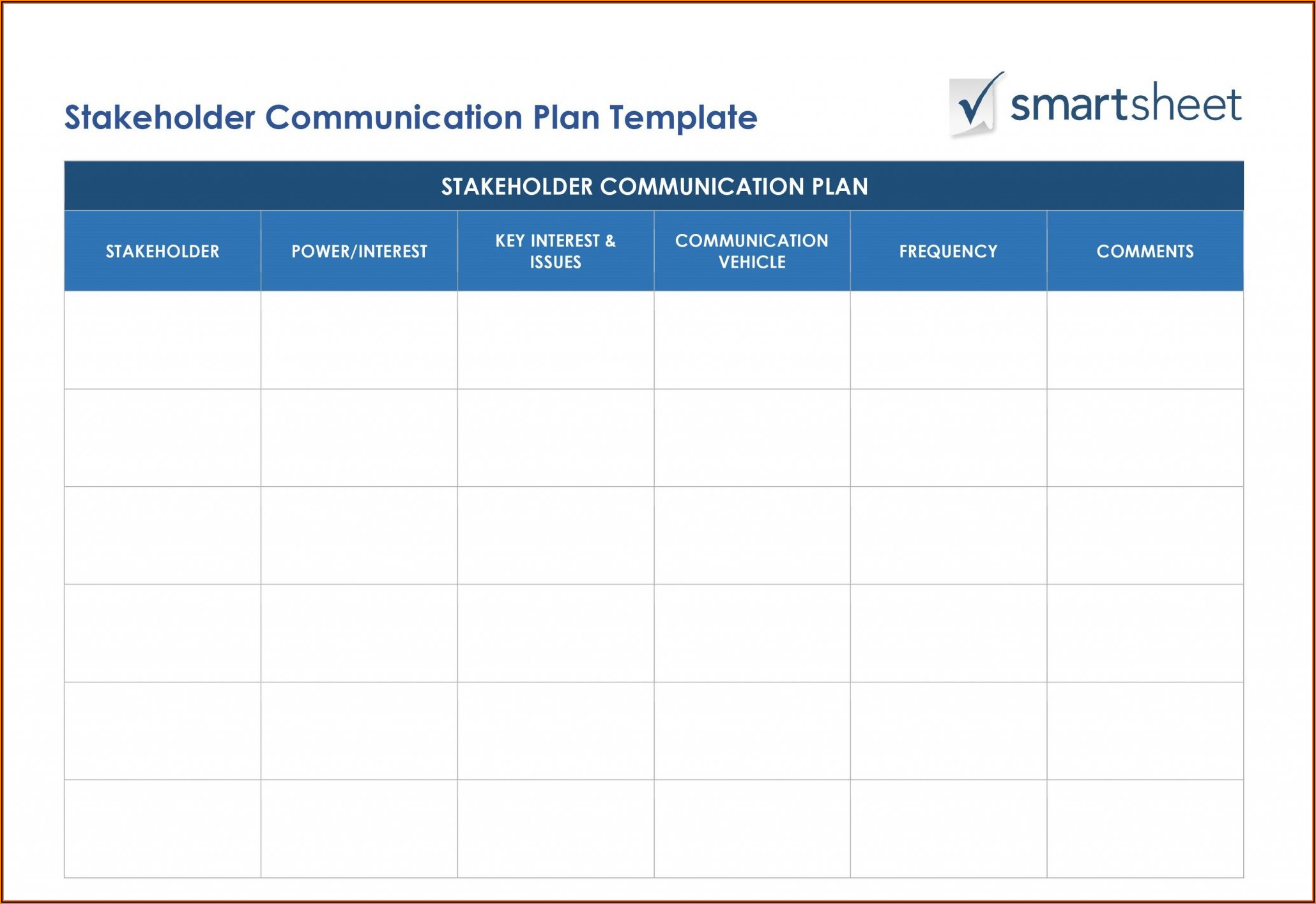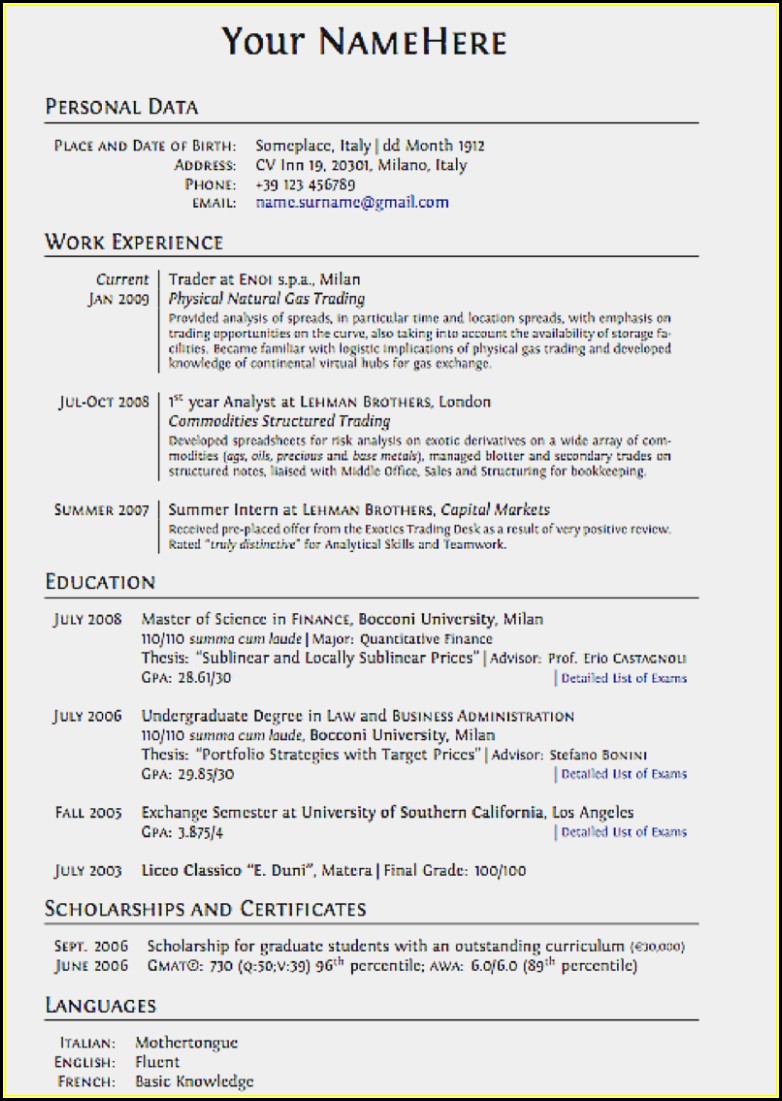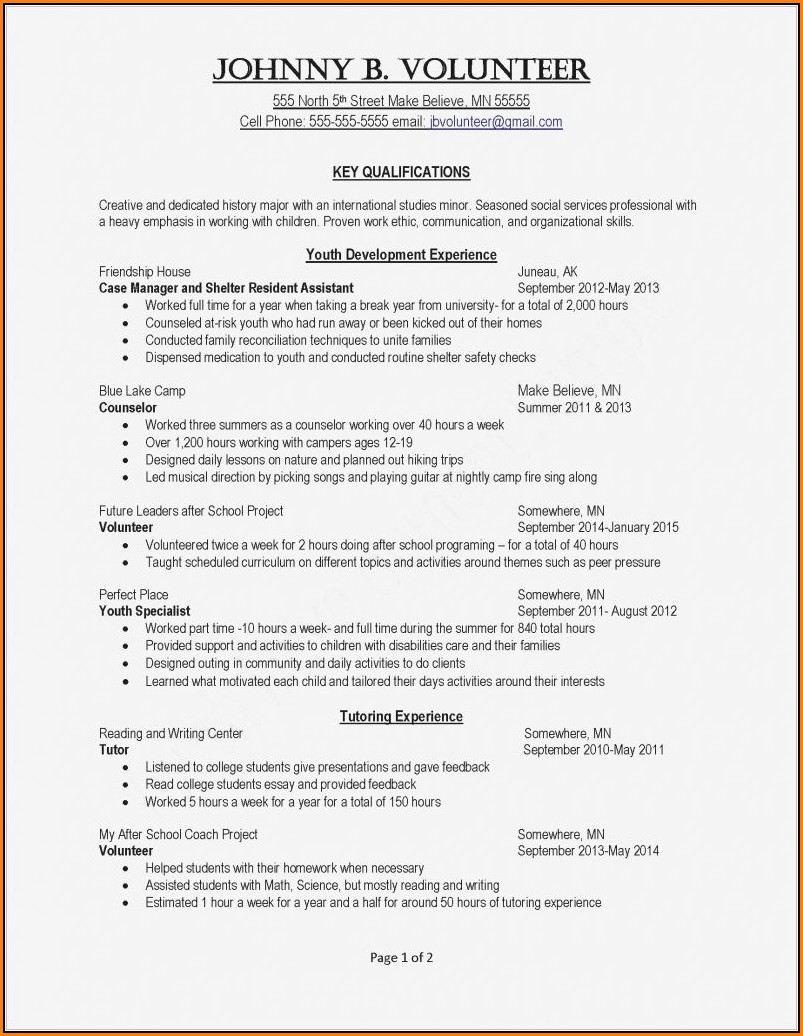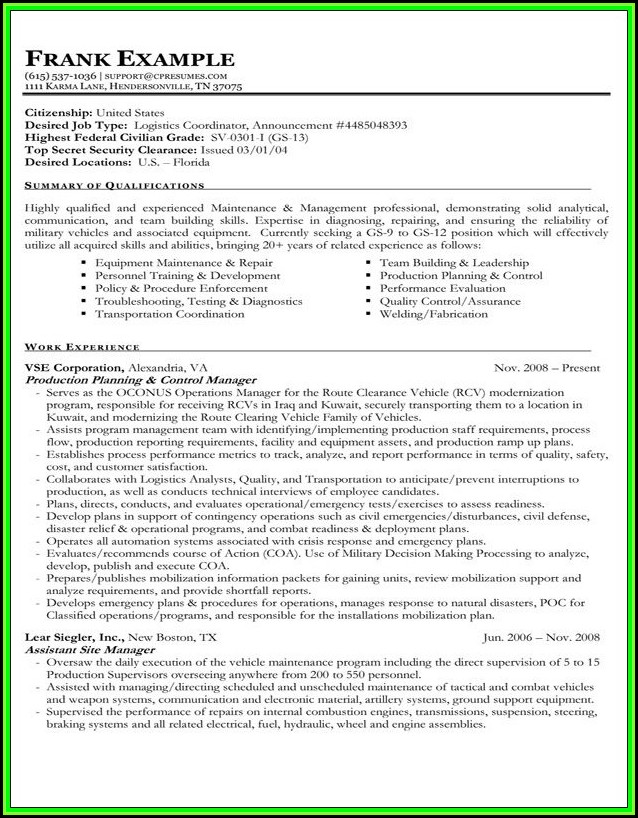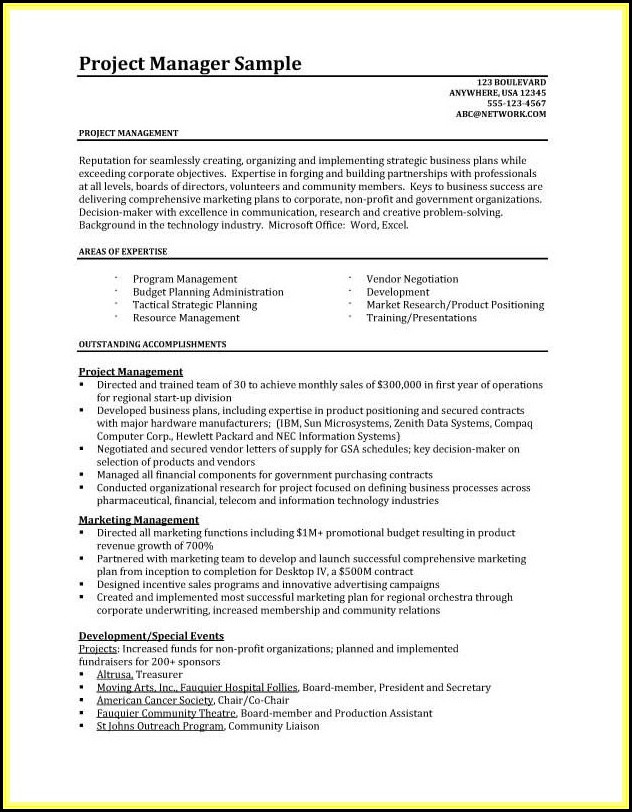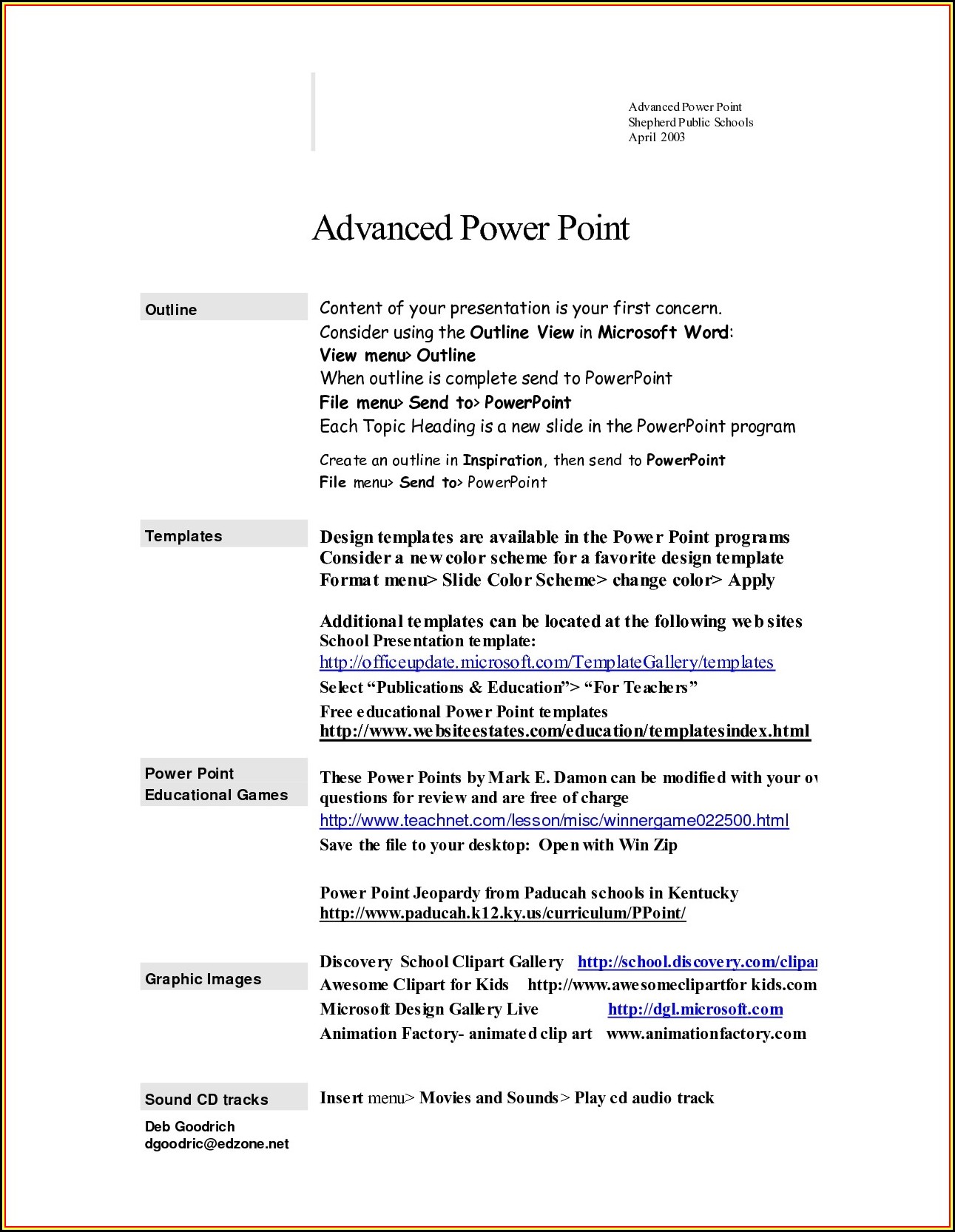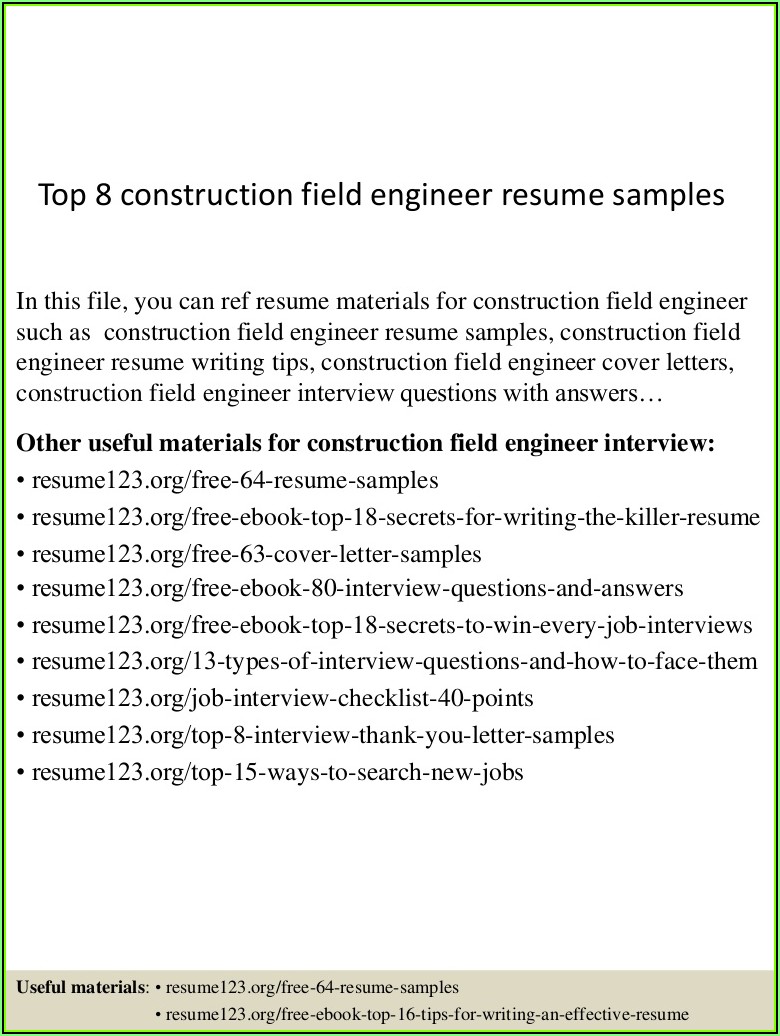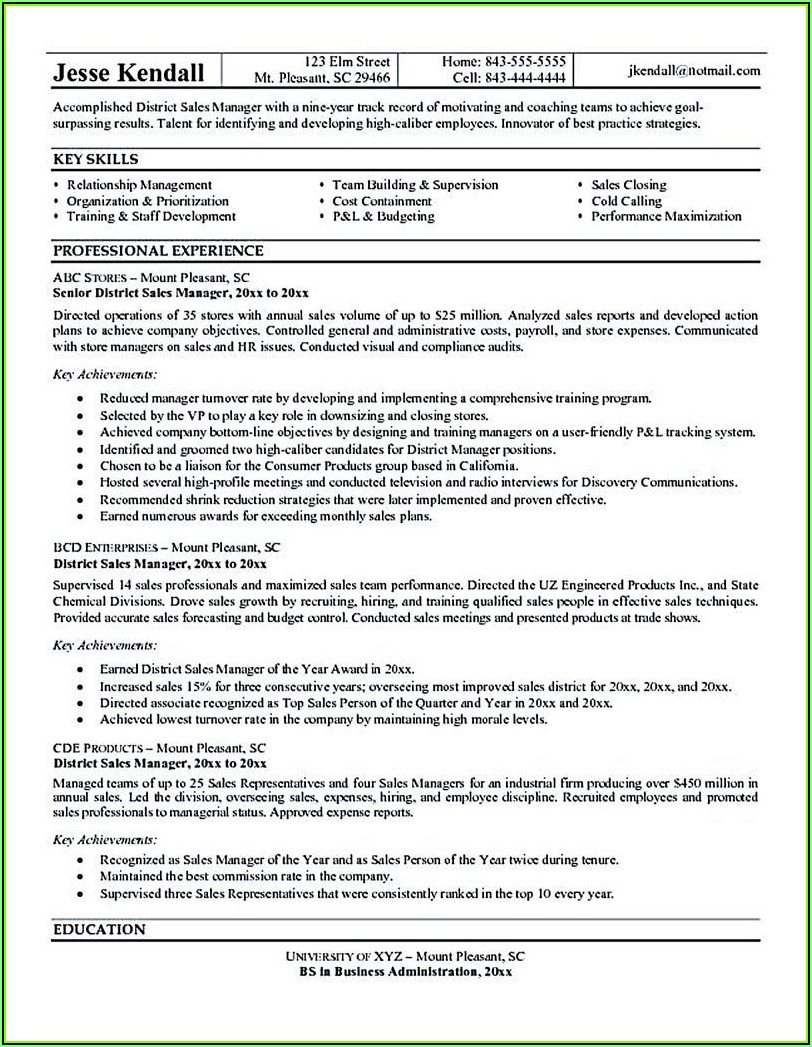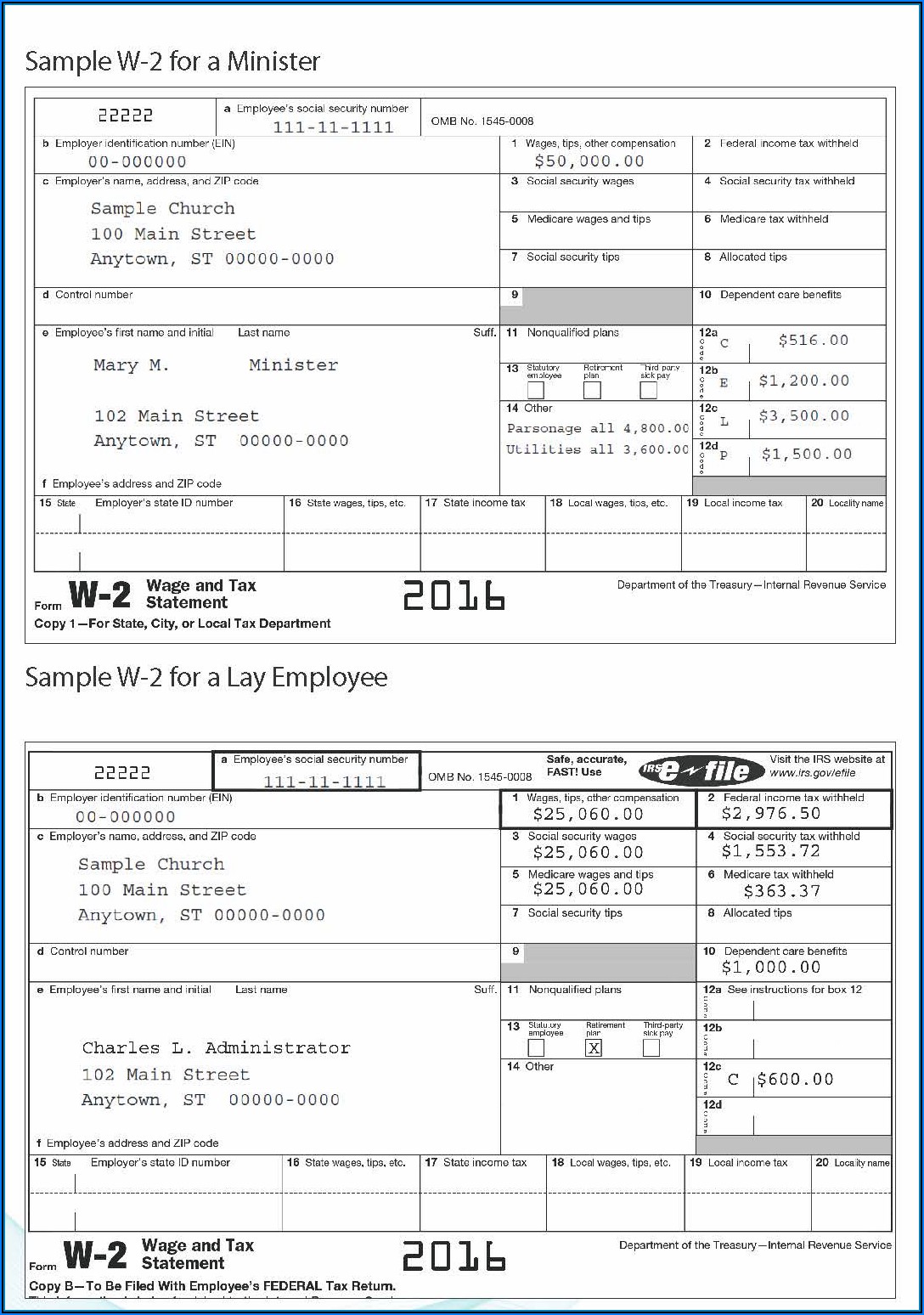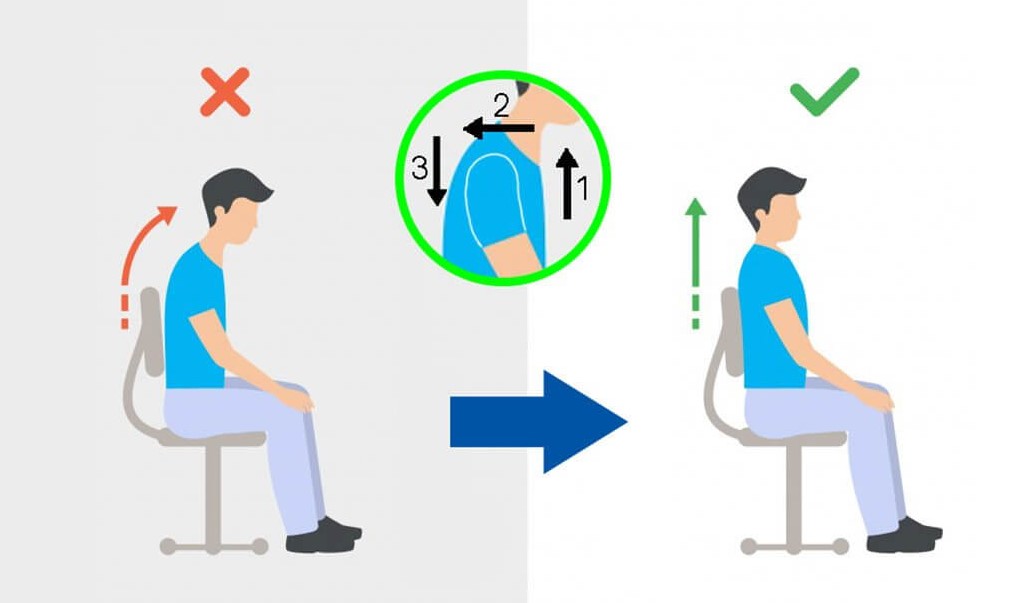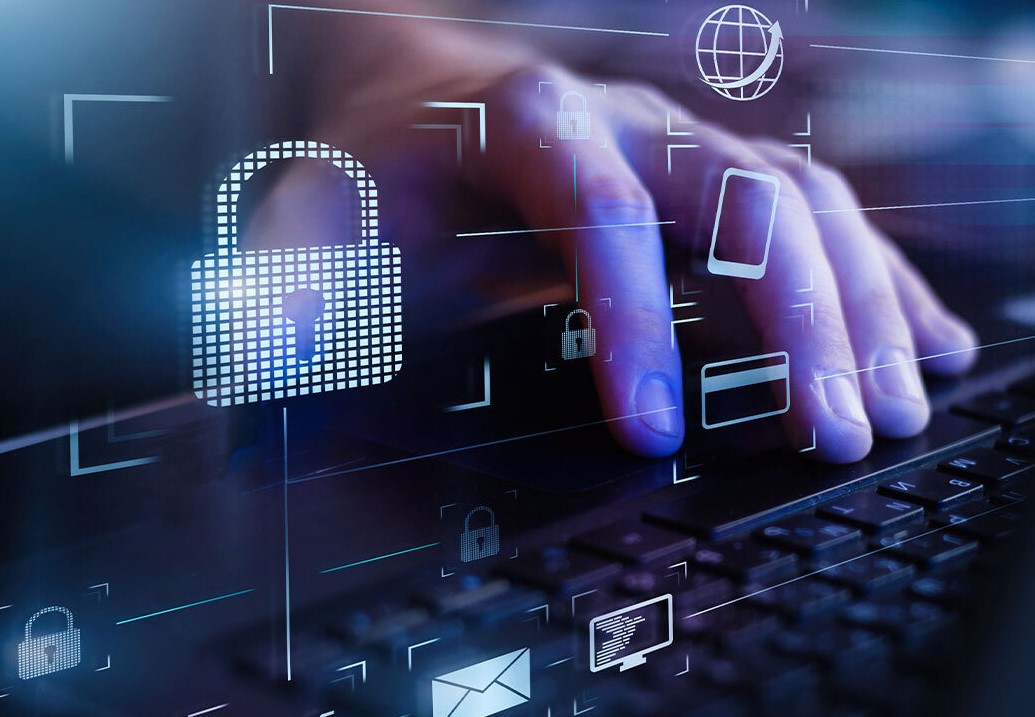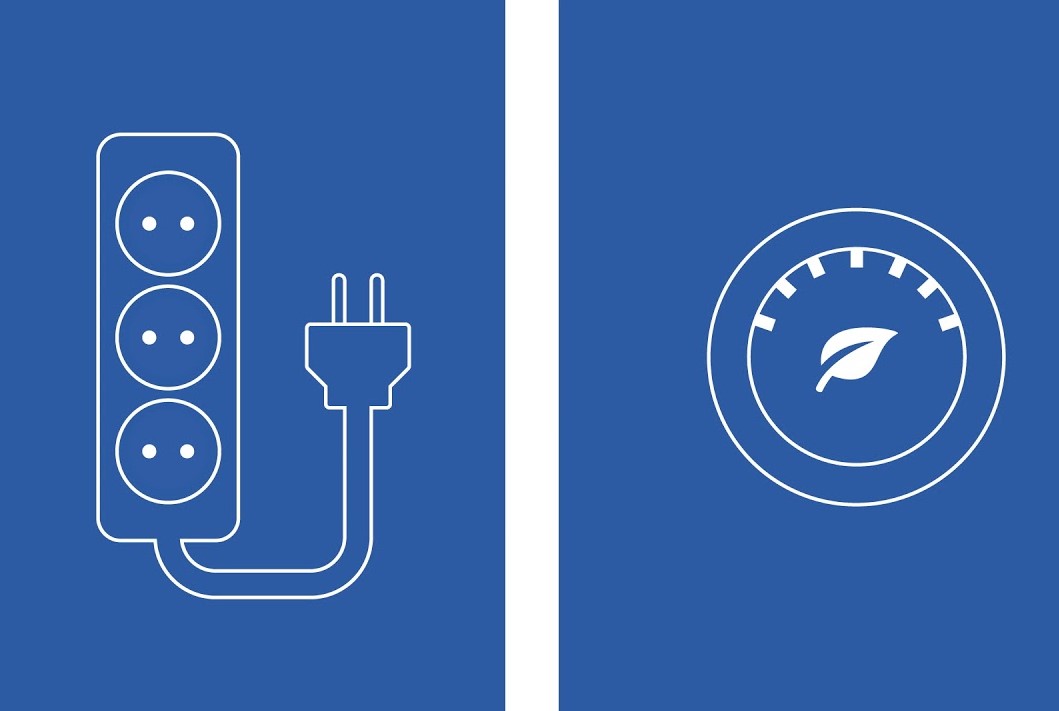
In order to save energy for your business, you must include environmental and financial actions. Here are ten easy strategies to start implementing immediately.
1. Turn off the lights.
Many new offices include lights that run by a sensor that determines when there are people working and shuts off the lights after some time, some older workplaces do not have this level of sophistication. Make sure that the lights are off in office spaces that aren’t filled with people and, where feasible, set timers in particular areas like toilets or kitchen areas, as well as breakout spaces and storage rooms.
2. Switch off the lights at night.
If you don’t have sensors or timers on your office lighting, make sure that they’re off at the night. If you require a certain amount of security lighting, ensure that these use less energy than they can.
3. Utilize energy-saving options.
Many office equipments, like photocopiers have the ability to save energy. Be sure that staff are aware of how to utilize these options.
4. Turn off the equipment
Better than the energy saving mode is to turn the equipment off. It is best to do this at the time of day, as well as on weekends.
5. Make sure your computer is asleep
Set up PCs to switch to sleep mode when they are not in use could save 70% to 70 percent in the amount of energy they use when they are in fully powered mode.
6. Reset the AC
If you own air conditioning ensure that it is balanced and set the temperature to be a degree higher. It is also essential in areas with air conditioning to make sure windows are not closed as this could force the air conditioner to operate more intensely and use more energy.
7. Reduce the heat
Similar to summer, when you can set the temperature up a degree, flip the thermostat down by a degree in winter to conserve energy in heating.
8. Weekend efficiency
It is important to ensure that your air conditioner and heating are switched off on weekends when there is no one at the office. In extremely cold temperatures, it is possible to set the heating to turn in a couple of hours earlier on Monday morning, however this is better than using up energy during the weekend.
9. Be aware of your energy consumption
A lot of buildings are equipped with advanced buildings management systems, also known as BMS. They can inform you of what equipment is in operation and at what time. Through the information these reports will provide you, it’s possible to find equipment like air conditioning units with different settings compared to other units in the vicinity. It could be that they utilize energy to compensate for different settings.
10. Complete maintenance
A well-maintained cooling and heating system will be more efficient than one that has not been maintained. This can help save energy, money, and ensure that your employees are happy.
